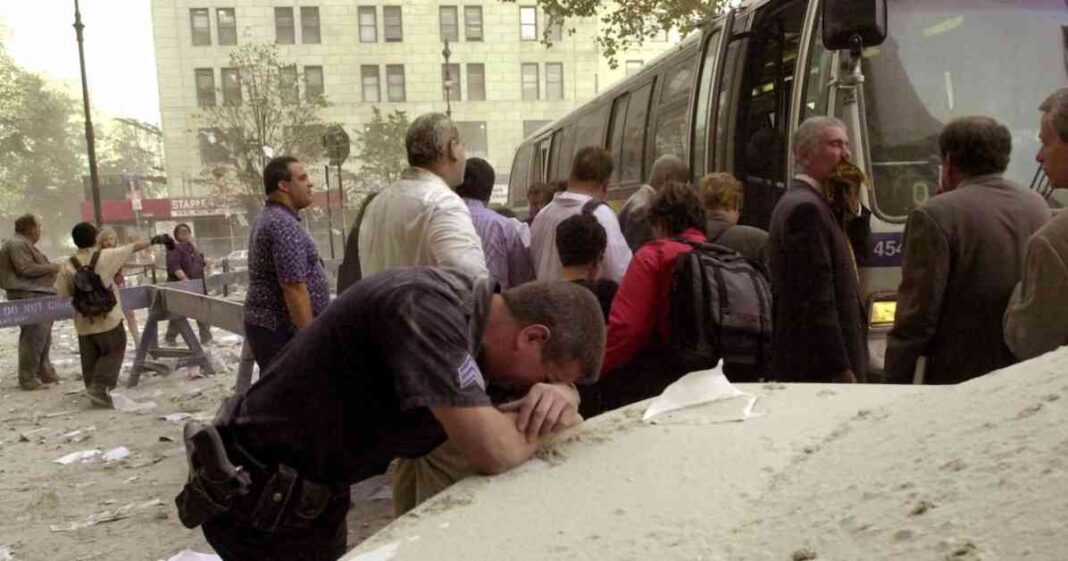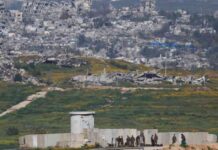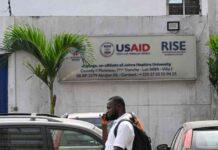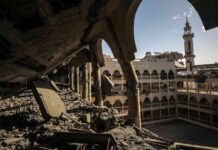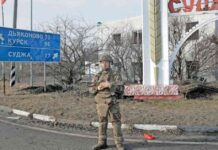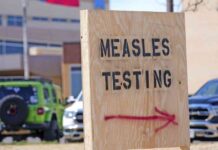The Impact of 9/11 on Survivors and First Responders
More than 20 years ago, terrorists flew planes into the Twin Towers in New York and the Pentagon, resulting in the deaths of around 3000 people. The suffering of survivors and the bereaved continues to this day. For them, survival was just the first step.
The Tree That Survived
A month after the terrorist attack on September 11, 2001, rescue workers in New York discovered an old Callery pear tree amidst the debris. Charred and barely rooted in the ground, the tree miraculously sprouted fresh leaves despite the toxic dust and destruction surrounding it. This tree has become a symbol for those who continue to be haunted by the tragedy, symbolizing the deep-rooted connection between them and the earth.
The Lingering Trauma
On September 11, 2001, two planes crashed into the World Trade Center towers, another into the Pentagon, and a fourth crashed in Pennsylvania. The attack claimed the lives of 2996 people and was orchestrated by the Islamist terrorist network Al-Qaeda led by Osama bin Laden.
Survivors and those who later arrived at the scenes of devastation still grapple with thoughts of „what if“. The guilt and trauma experienced by many survivors are palpable, with questions of fate and chance lingering in their minds. Mark DeMarco, a retired police officer who survived the attack but lost 14 colleagues, reflects on his disbelief at his own survival amidst the chaos.
The Ongoing Struggle
Thousands of first responders, including police, firefighters, and rescue workers, worked tirelessly in the aftermath of the attacks. However, their struggles did not end with the conclusion of their duties. Many continue to suffer from the physical and psychological toll of the events.
Psychological Impact
A study conducted by the Center for Trauma Studies at the University of the US Army interviewed approximately 600 individuals, revealing that a third of them suffer from various mental illnesses. Post-traumatic stress disorder, panic disorders, depression, anxiety disorders, and grief are among the most common conditions reported. For many, these traumas compound existing psychological wounds, leading to a complex mix of symptoms that affect their daily lives.
The Toll of the Toxic Dust
The toxic dust that engulfed Lower Manhattan in the aftermath of the collapse of the Twin Towers has had lasting effects on survivors and first responders. The dust, filled with hazardous particles such as asbestos, glass fibers, dioxins, lead, and sulfuric acid, caused a myriad of health issues for those exposed to it. Many have developed respiratory conditions, cancers, and chronic sinus infections as a result of their exposure.
Health Complications
The James Zadroga 9/11 Health and Compensation Act was passed in 2010 to provide support for those affected by the toxic dust. The act established the WTC Health Program and the Victim Compensation Fund to aid survivors financially. Despite these efforts, some individuals have not received the compensation they deserve.
The Legacy of 9/11
The physical and mental toll of the 9/11 attacks continues to plague survivors and first responders, with many facing long-term health complications and psychological trauma. The ongoing struggles of these individuals serve as a stark reminder of the lasting impact of that fateful day. As the world reflects on the events of 9/11, it is crucial to remember and support those whose lives were forever changed by the tragedy.
